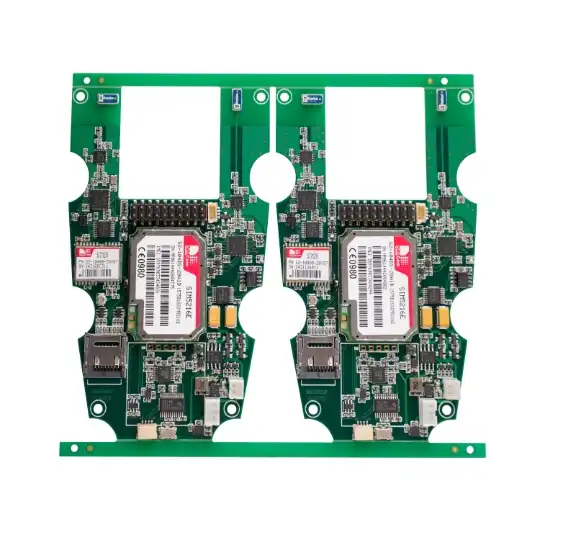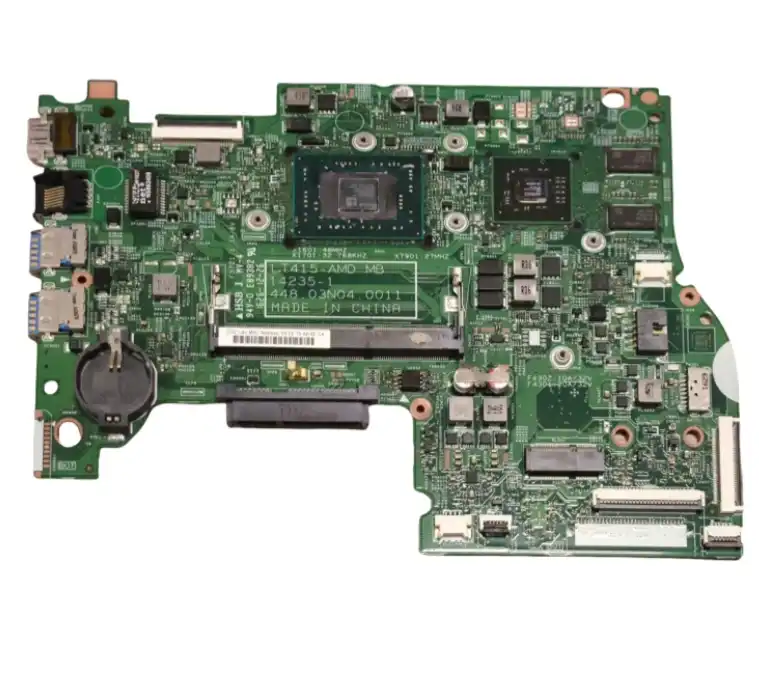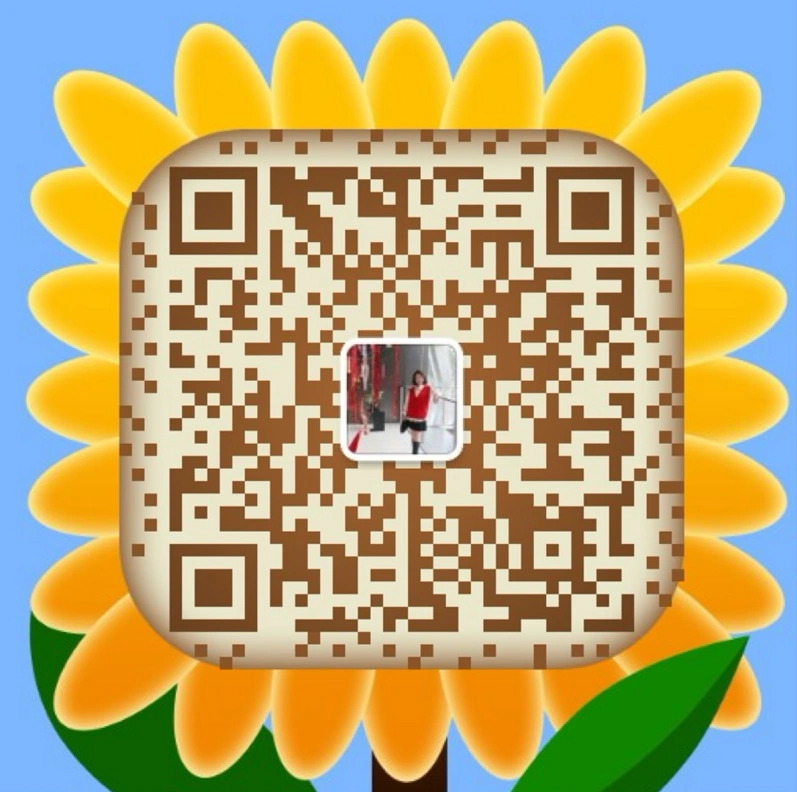Select the Right Automotive PCB Assembly Manufacturer
Selecting the right automotive PCB assembly manufacturer is crucial for ensuring high-quality, reliable electronic components in vehicles. When choosing a partner for automotive PCB assembly, consider factors such as industry experience, quality certifications (like IATF 16949), advanced manufacturing capabilities, and stringent quality control measures. Look for manufacturers with a proven track record in automotive electronics, state-of-the-art equipment for precision assembly, and robust testing protocols. Additionally, evaluate their ability to meet strict automotive industry standards, handle complex designs, and provide scalable production to meet your specific needs.

Key Factors in Choosing an Automotive PCB Assembly Manufacturer
Industry Experience and Expertise
When it comes to automotive PCB assembly, experience matters significantly. The automotive industry has unique requirements and standards that set it apart from other electronics sectors. A manufacturer with a long-standing presence in automotive electronics will have deep insights into industry-specific challenges and solutions.
Look for a PCB assembly partner that demonstrates:
- A portfolio of successful automotive projects
- In-depth knowledge of automotive standards and regulations
- Familiarity with advanced driver-assistance systems (ADAS), infotainment, and powertrain control modules
- Expertise in handling high-temperature, vibration-resistant, and moisture-proof designs
Experienced manufacturers are more likely to anticipate potential issues and implement proactive measures to ensure the reliability and longevity of automotive PCB assemblies.
Quality Certifications and Standards Compliance
The automotive industry demands the highest levels of quality and reliability. Therefore, it's essential to choose a PCB assembly manufacturer that holds relevant certifications and complies with industry standards. Key certifications to look for include:
- IATF 16949: This automotive quality management system standard is crucial for suppliers in the automotive supply chain.
- ISO 9001: While not specific to automotive, this certification ensures a robust quality management system.
- ISO 14001: This environmental management standard demonstrates the manufacturer's commitment to sustainable practices.
- IPC Standards: Compliance with IPC standards ensures adherence to accepted industry practices for electronics manufacturing.
Additionally, ensure the manufacturer is familiar with and can comply with automotive-specific standards such as AEC-Q100 for integrated circuits and AEC-Q200 for passive components.
Advanced Manufacturing Capabilities
Automotive PCB assemblies often require advanced manufacturing techniques to meet the industry's exacting standards. When evaluating potential partners, assess their manufacturing capabilities, including:
- Surface Mount Technology (SMT) capabilities: Look for manufacturers with high-speed, high-precision SMT equipment capable of handling fine-pitch components and BGAs.
- Through-hole technology: While less common in modern automotive designs, through-hole assembly may still be necessary for certain components.
- Mixed technology assembly: The ability to combine SMT and through-hole on the same board is often crucial for automotive applications.
- Conformal coating: This protective layer is essential for many automotive PCBs to withstand harsh environments.
- Automated optical inspection (AOI) and X-ray inspection: These technologies ensure high-quality assembly and help detect hidden defects.
Advanced manufacturing capabilities not only ensure high-quality production but also enable the manufacturer to handle complex designs and meet tight tolerances required in automotive electronics.
Quality Control and Testing Procedures
Robust Quality Management System
A comprehensive quality management system is the backbone of reliable automotive PCB assembly. The right manufacturer should have a well-documented and strictly enforced quality control process that covers every stage of production. This system should include:
- Incoming material inspection to ensure component quality
- In-process quality checks at critical stages of assembly
- Final inspection and testing of completed assemblies
- Traceability systems to track components and processes throughout the production cycle
- Continuous improvement initiatives to enhance quality and efficiency
Look for manufacturers who employ statistical process control (SPC) methods to monitor and improve their processes continuously. This data-driven approach helps identify and address potential issues before they impact product quality.

Comprehensive Testing Capabilities
Rigorous testing is crucial in automotive PCB assembly to ensure reliability under harsh conditions. A competent manufacturer should offer a range of testing capabilities, including:
- Functional testing to verify circuit performance
- Environmental stress screening (ESS) to simulate real-world conditions
- Thermal cycling tests to ensure reliability across temperature extremes
- Vibration testing to mimic automotive operating conditions
- Accelerated life testing to predict long-term reliability
Additionally, look for manufacturers who can perform specialized tests relevant to automotive applications, such as EMC (Electromagnetic Compatibility) testing and safety-critical system validation.
Defect Analysis and Corrective Action
Even with the best quality control measures, issues can occasionally arise. The ability to quickly identify, analyze, and address defects is crucial in automotive PCB assembly. Evaluate potential manufacturers based on their:
- Root cause analysis capabilities
- Corrective and preventive action (CAPA) processes
- Failure analysis lab facilities
- Commitment to continuous improvement and learning from past issues
A manufacturer with strong defect analysis capabilities can not only resolve immediate issues but also implement systemic improvements to prevent recurrence, enhancing overall quality and reliability.
Supply Chain Management and Flexibility
Robust Component Sourcing Strategy
In the automotive industry, component quality and availability are paramount. A reliable PCB assembly manufacturer should have a robust supply chain management strategy that includes:
- Relationships with reputable component suppliers
- Stringent supplier qualification processes
- Measures to prevent counterfeit parts from entering the supply chain
- Strategies for managing long-term component availability, crucial for automotive products with extended lifecycles
- Ability to handle component obsolescence and suggest suitable alternatives
Evaluate the manufacturer's approach to component sourcing and their ability to secure high-quality, automotive-grade components consistently.
Scalability and Flexibility
The automotive industry often requires flexibility in production volumes, from small prototype runs to high-volume manufacturing. An ideal PCB assembly partner should offer:
- Scalable production capabilities to accommodate changing demand
- Quick turnaround times for prototypes and small production runs
- Ability to ramp up production quickly when needed
- Flexible scheduling to meet tight deadlines and changing priorities
This flexibility ensures that the manufacturer can support your needs throughout the product lifecycle, from initial development to full-scale production.
Global Compliance and Support
For automotive manufacturers operating in global markets, it's crucial to partner with a PCB assembly manufacturer that understands and can comply with international regulations. Look for a partner that offers:
- Familiarity with global automotive standards and regulations
- Ability to produce documentation for various international markets
- Support for global logistics and supply chain management
- Multilingual technical support for seamless communication across different regions
A globally-oriented PCB assembly partner can help navigate the complexities of international automotive markets and ensure compliance across different regions.
Conclusion
Selecting the right automotive PCB assembly manufacturer is a critical decision that can significantly impact the quality, reliability, and success of your automotive electronics projects. By carefully evaluating potential partners based on their industry experience, quality certifications, manufacturing capabilities, quality control processes, and supply chain management, you can find a manufacturer that meets the rigorous demands of the automotive industry.
IATF16949 certified automotive PCBA factory in China | Ring PCB
Ring PCB Technology Co., Limited is your trusted PCB Manufacturing Partner since 2008. With 17 years of expertise, we offer comprehensive one-stop PCB and PCBA services, including PCB Fabrication, Electronic Components Sourcing, and Full Turn-Key PCB Service. Our self-owned factory ensures full supply chain control through vertical integration. We pride ourselves on our triple quality assurance system, resulting in a defect rate of <0.2%. Certified with ISO9001, IATF16949, and RoHS compliance, we deliver innovative and cost-effective solutions for various industries. Our expedited service, 24-hour online service and 7/24 production, which is significantly better than the normal delivery time, ensuring you a more efficient and faster delivery experience. For more information, contact us at [email protected].
References
1. Anderson, J. (2021). "Automotive Electronics: PCB Design and Manufacturing Challenges". Journal of Automotive Engineering, 45(3), 178-195.
2. Lee, S. H., & Kim, T. Y. (2020). "Quality Management in Automotive PCB Assembly: A Comprehensive Review". International Journal of Quality & Reliability Management, 37(4), 721-739.
3. Zhao, X., & Chen, L. (2019). "Advanced Manufacturing Technologies in Automotive PCB Assembly". IEEE Transactions on Components, Packaging and Manufacturing Technology, 9(7), 1328-1340.
4. Miller, R. B. (2022). "Supply Chain Resilience in Automotive Electronics Manufacturing". Supply Chain Management: An International Journal, 27(2), 112-127.
5. Johnson, E. K., & Smith, P. R. (2023). "Global Compliance Challenges in Automotive PCB Assembly". International Journal of Automotive Technology, 24(1), 45-62.

Welcome to Ring PCB! Share your inquiry, and receive a tailored quotation!

Ring PCB, your trusted partner for PCB & PCBA Full Turnkey Solutions



